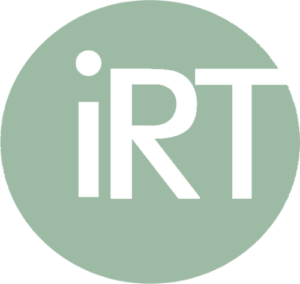Teen Intervene is a school- or community-based intervention program for 12- to 19-year-olds who display the early stages of alcohol or drug involvement. The program is typically administered in an outpatient, school, or juvenile detention setting by a trained professional in three 1-hour sessions conducted 10 days apart. Parents are included in the third session in an effort to support parent-teen communication and support around abstinence goals. The overall goals are for teens to reduce and ultimately end their substance use.
Recovery Training and Self-Help
Recovery Training and Self-Help (RTSH) is a group aftercare program for individuals recovering from opioid addiction. A professional therapist and a group leader co-lead participants through a program designed to deactivate addiction by teaching and supporting alternative responses to stimuli previously associated with opioid use. The overall goal is abstinence.
Family Support Network
Family Support Network (FSN) is an outpatient, multi-provider, substance abuse treatment program targeting youth ages 10-18 years. FSN includes 12 sessions of cognitive behavioral therapy for the adolescent, six family education meetings addressing recovery and family management issues, four home visits to reinforce the family’s commitment to treatment for the adolescent, and case management to address barriers to treatment. The overall goal is abstinence from substance use.
Brief Marijuana Dependence Counseling
Brief Marijuana Dependence Counseling (BMDC) is a therapeutic treatment approach designed for adults with a diagnosis of cannabis dependence. BMDC is implemented by social workers, counselors, or psychologists as a 9-session multicomponent therapy that includes elements of motivational enhancement therapy (MET), cognitive behavioral therapy (CBT), and case management. The overall goal is abstinence from marijuana.
Cocaine-Specific Coping Skills Training
Cocaine-Specific Coping Skills Training (CST) is a therapeutic treatment approach designed for adult cocaine users. Participants work with a trained psychologist individually or in a group, learning skills and behaviors to reduce and avoid drug use. CST is delivered in up to eight 45-minute sessions three to five times a week. The overall goal is abstinence from cocaine and alcohol.
